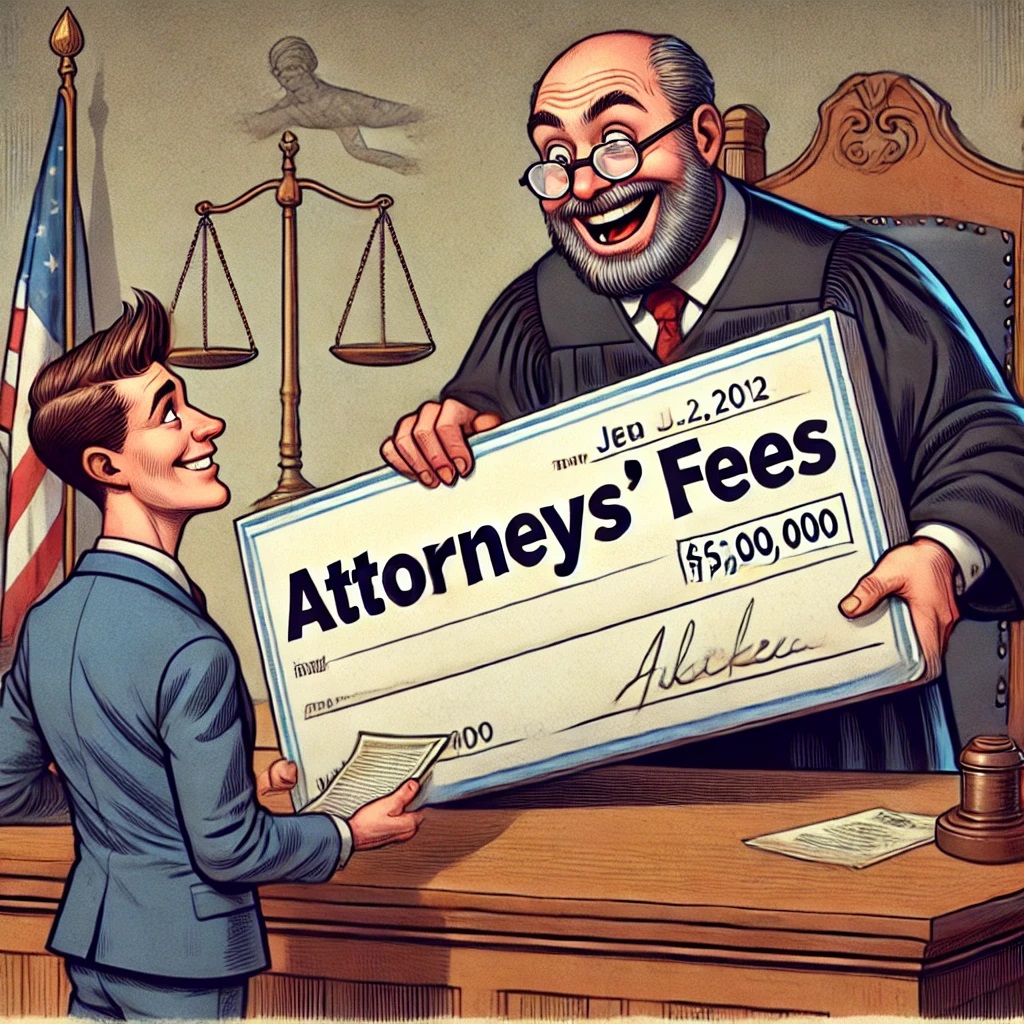
It’s very clear that you are entitled to contractual attorneys’ fees for prevailing on a contract claim. But what about prevailing on a contract affirmative defense? There was some unfortunate confusion on that point in the California Supreme Court’s decision in Mountain Air Enterprises, LLC v. Sundowner Towers, LLC (2017) 3 Cal.5th 744, 751, where the Court said it “cannot agree” that “an affirmative defense equates to a or constitutes an action” for purposes of Civil Code section 1717 attorneys’ fees.
But clarifying that now comes a published opinion in Am. Bldg. Innovation v. Balfour Beatty Constr. (D4d3 Sep. 3, 2024) No. G062471 [pub. opn.], holding that prevailing on an contract-based affirmative defense gave rise to contractual attorneys’ fees. The result was to affirm the attorneys’ fees award of $1.55 million.
The plaintiff-contractor here sued under the parties’ contract for payment for work rendered. But the defendant asserted an affirmative defense that the contractor was not licensed, and thus not entitled to recover. The defendant proved that affirmative defense. And the trial awarded contractual attorneys’ fees.
On appeal, the contractor argued that, under Mountain Air, an affirmative defense is not an “action on a contract,” and thus cannot give rise to section 1717 attorneys’ fees. But this “misapprehends [Mountain Air’s] holding,” the court said. The reason Mountain Air denied fees to the party who prevailed on its affirmative defense to a contract claim was because the defense was based on a different contract. There was no direct claim brought on that contract.
But here, the affirmative defense and the plaintiff’s claim were based on the same contract. So the “claim on a contract” element was met here.
Takeaway: An affirmative defense on a contract is still not the same thing as a “claim on a contract” giving rise to Civil Code section 1717 attorneys’ fees. So if you are asserting an affirmative defense based on a contract and want to establish a right to fees, consider also filing a cross-claim for declaratory relief on the contract. That way if you win, the winning theory is part of a “claim on a contract,” triggering a right to fees.